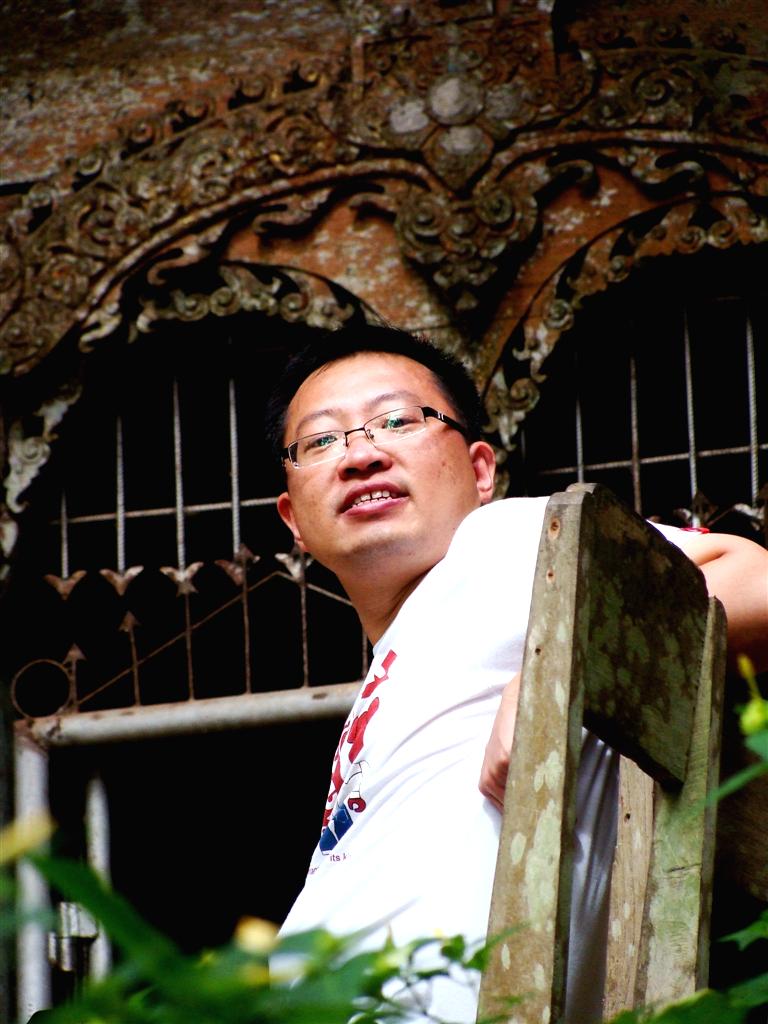| Language problem, help please! | |
|---|---|
| Oct 11, 2005 04:06 | |
 | 天啊! 赵本山说:”这个世界太疯狂了!“ |
| Oct 11, 2005 04:07 | |
 | Well, it's as certain as "铁板钉钉";-) |
| Oct 11, 2005 07:45 | |
 | 铁板钉钉 = Fait accompli |
| Oct 11, 2005 07:56 | |
 | To RITA: One more phrase to deal with: 做梦! |
| Oct 11, 2005 11:50 | |
 | Ok, these are a lot of idioms, which are always hard to translate into any language, but what about simple words with abstract concepts? Here are a couple of examples in Enlgish that I'd appreciate finding good translations of into Chinese. One very simple one - 'cool'. Chinese people use the word 'ku' to describe someone who looks like the stereotype of someone who might be regarded as 'cool' - a handsome guy with sunglasses, sitting on his motorcycle or playing his guitar... In Chinese you can try to look 'ku' and it's a good thing. But the word in English is more of an attitude, something you positively cannot try to be. Anyone who is trying to be 'cool' has missed the point... I've always felt uncomfortable when a Chinese person tries to use the word 'cool' as an enthusiastic compliment to someone, because enthusiasm isn't cool! Another one - 'Cliché'. A phrase that has lost its originality and has been devalued by overuse. As far as I know, there's no such thing in Chinese - the more you say something, the better it gets! It's the subtle things that make us all different - isn't it a good thing that the important things are the same for everyone! |
| Oct 11, 2005 17:54 | |
 | 1. 外甥点灯笼--照旧(舅) 2. 猪鼻子插葱--装象 1. because 舅和旧 have the same pronuniciation and 照舅 means to lighten the uncle while 照旧's meaning is "still" 2. to put the shallot in a pig's nose -- pretend to be an elephant. to understand 装象 seperately means "to pretend to be an elephant", but together "to pretend to be someone" |
| Oct 11, 2005 19:46 | |
 | Thank you very much, Doutin, for your excellent explanation and translation!! You are language genius! |
| Oct 11, 2005 19:49 | |
 | To Doutin:Pei4 Fu2!Pei4 Fu2! |
| Oct 11, 2005 20:13 | |
 | [QUOTE: RITA: You are language genius!] 哪里,哪里! |
| Oct 11, 2005 20:18 | |
 | sometimes we say "li4 hai1 li4 hai1" (strict) that does not mean the person is fearfulness and terrible ,but to say he is very smart and show our admiration to him . To DOUTIN : li hai li hai |
Post a Reply to: Language problem, help please!









 Copyright © 1998-2026 All rights reserved.
Copyright © 1998-2026 All rights reserved.